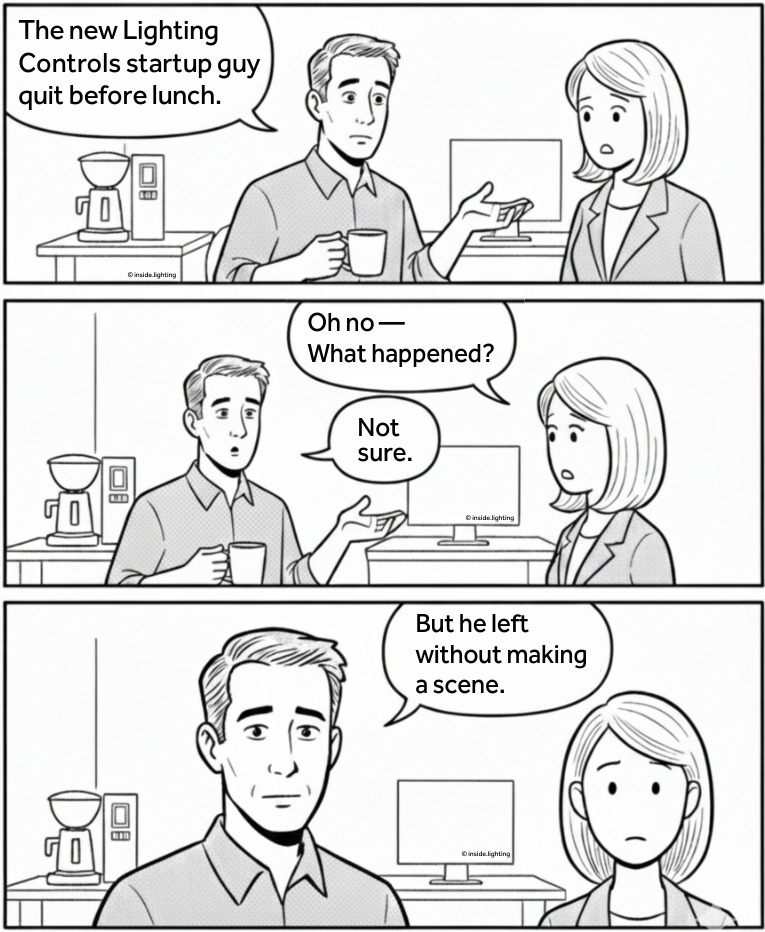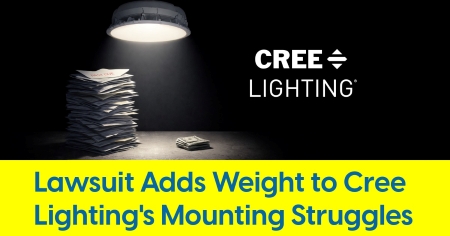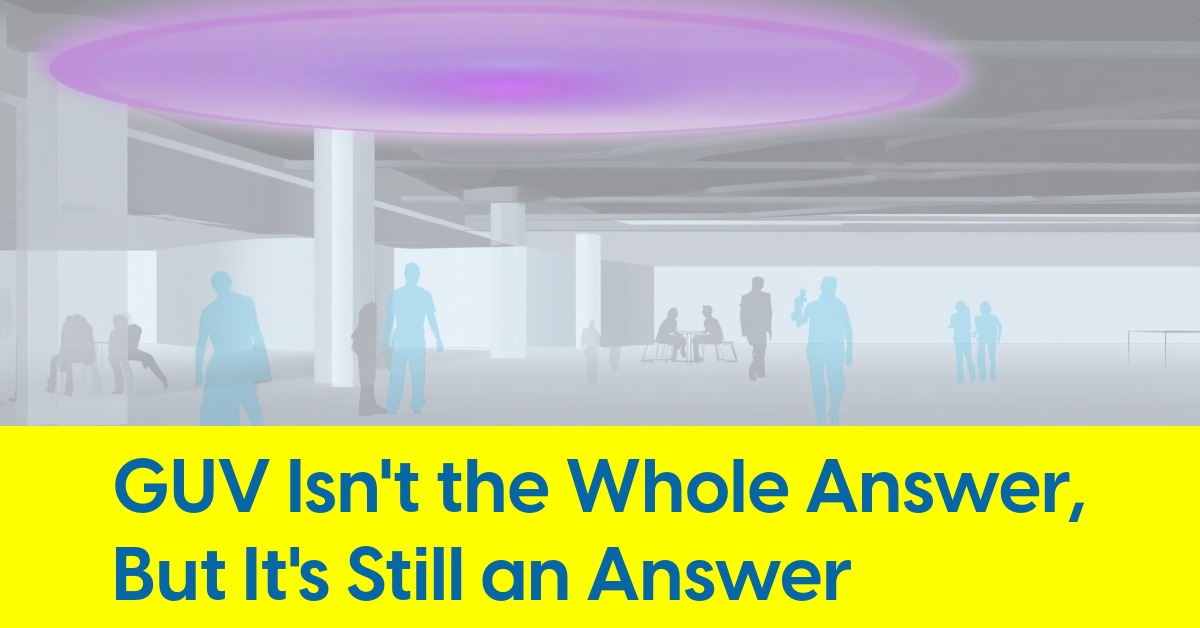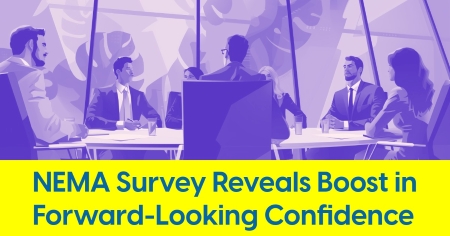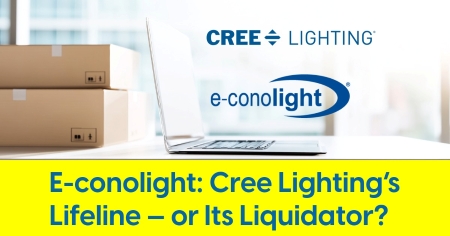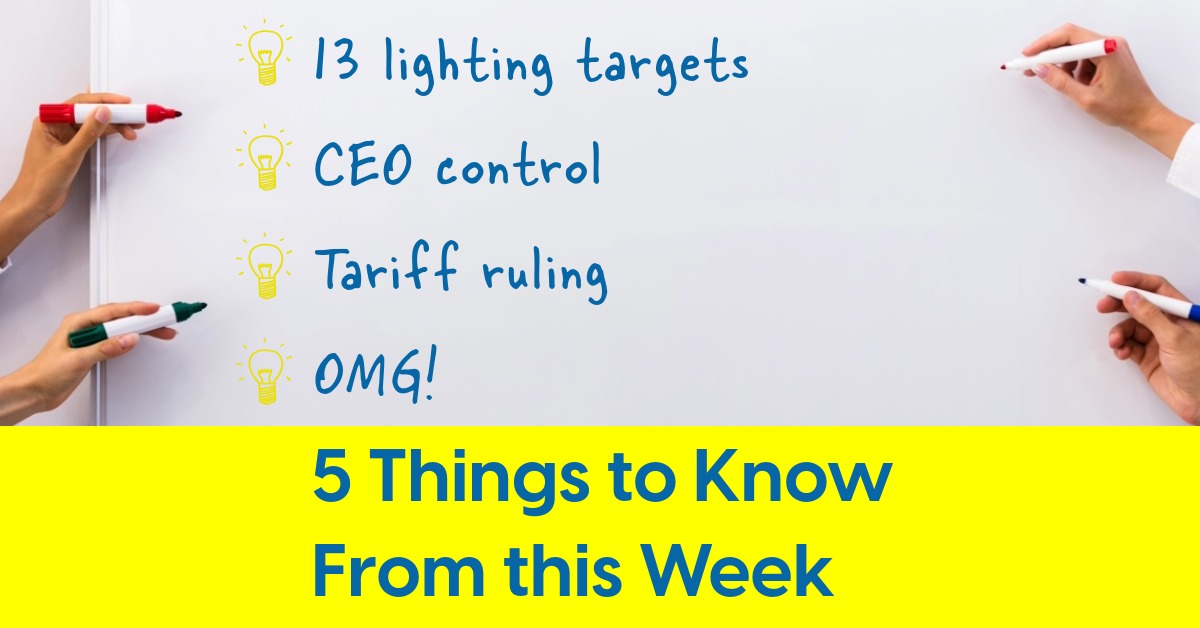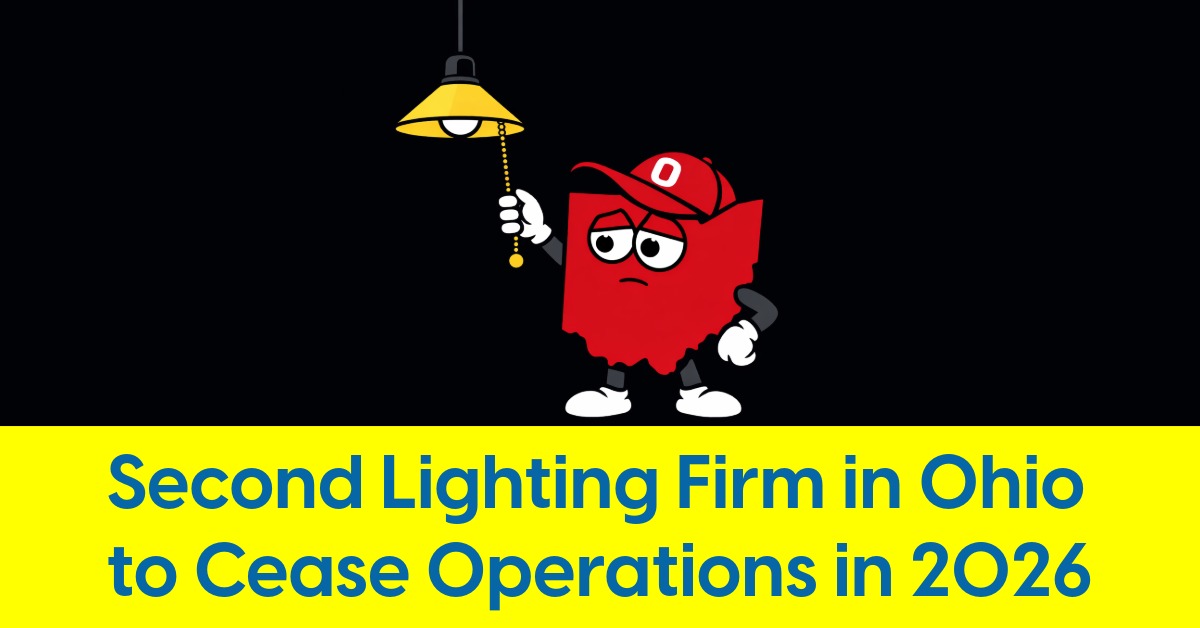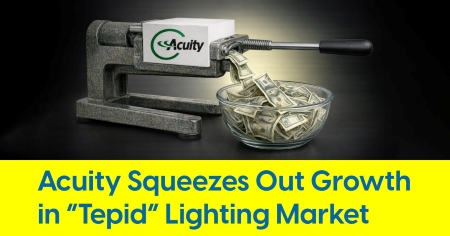May 14, 2025
DLC Defends Its Mission Amid Recent Scrutiny
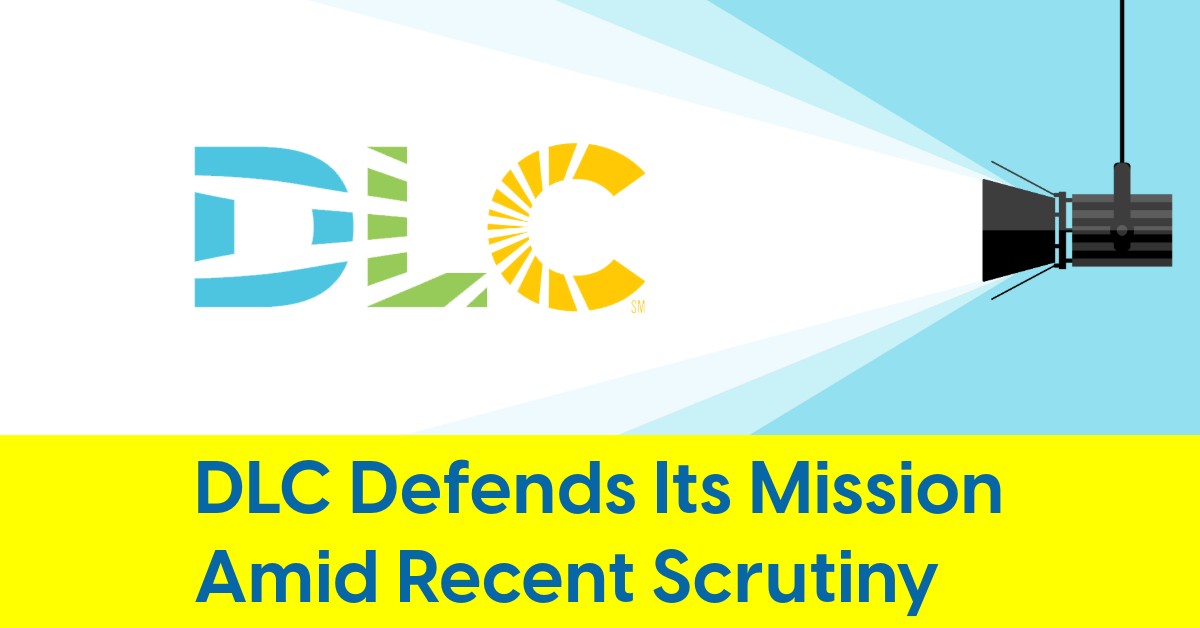
Reinforces importance of QPL standards and stakeholder-driven energy-saving initiatives
On April 30, the Get a Grip on Lighting podcast — hosted by Michael Colligan and Greg Ehrich — featured a conversation with Louvers International’s Devin Wall that raised several concerns about the DesignLights Consortium (DLC), including its fee structure, transparency, and influence in the lighting market. That was followed by a weekend news snippet from Inside Lighting titled Conversation Shines Harsh Light on DLC Practices, which summarized the podcast and included an invitation for the DLC to respond.
Yesterday, we received a statement from DLC Executive Director and CEO Christina Halfpenny. Rather than responding to each of the podcast’s claims point by point, the statement focuses on outlining the organization’s structure, mission and ongoing initiatives — providing broader context around the DLC’s role in the industry and its upcoming technical developments.
Below is the response from DesignLights Consortium:
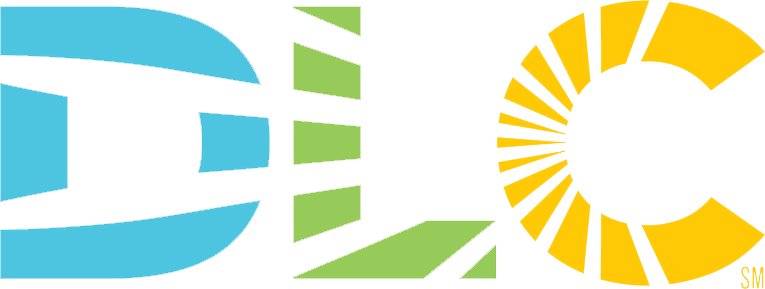
May 14, 2025
Thank you for the opportunity to clarify the role and functions of the DesignLights Consortium (DLC).
First, here is some background and context. As explained on our website (https://designlights.org/about-us/), the DLC is an initiative of Efficiency Forward, Inc., a non-profit organization that split off from the Northeast Energy Efficiency Partnerships (NEEP) more than a decade ago. Since then, the DLC has grown to become the central go-to resource for utilities, the lighting industry, government policymakers and other stakeholders. With these stakeholders, we work collaboratively to increase the efficiency, controllability and quality of commercial and industrial lighting solutions.
As a non-profit, the DLC is funded by its members – utility and independent energy efficiency programs throughout the US and Canada that rely on the rigorous performance criteria the DLC uses to qualify products for our Solid-State Lighting (SSL), LUNA, Horticultural and Networked Lighting Controls (NLC) Qualified Products Lists (QPL). By promoting DLC-listed products through their incentive and rebate programs for C&I customers, DLC members help us achieve energy-saving, interconnected lighting solutions that focus on people and the environment. It’s worth noting that these ratepayer-funded rebates and incentives require reliable, measurable savings.
DLC members and other stakeholders – including lighting manufacturers, distributors, specifiers and other industry players - contribute feedback and expertise in the DLC’s development of technical requirements that set criteria for our QPLs. The input of all these collaborators is an essential part of the six-step process the DLC follows in crafting comprehensive criteria that address the needs of our energy efficiency program members and industry partners alike.
Another key aspect of the DLC’s business model is our reliance on verified testing of product performance by third-party laboratories before products are placed on the QPLs. We contract with a network of vendors for this testing to ensure all listed products are evaluated and proven to meet the listing criteria.
Our latest draft technical requirements – SSL V6.0 and LUNA V2.0 – were released for comment on April 7 as a first draft, with comments due by May 16. These represent the first major updates in five years to the DLC’s SSL technical requirements, as well as significant proposed revisions to its light pollution-mitigating LUNA program. The DLC will release a second draft on July 21 (with a comment period ending August 29) and the final draft on October 13.
The DLC will begin accepting manufacturers’ QPL applications under the new policies in January 2026.
All of the above and more (including our third-party audited annual reports) is available on our website: www.designlights.org. I hope this information is helpful. Thank you for contacting the DLC.
— Christina Halfpenny
Executive Director and CEO, DLC
As the lighting industry continues to evaluate the role of efficiency programs and technical standards, we encourage open communication among all stakeholders committed to productive dialogue and progress.
Related: Conversation Shines Harsh Light on DLC Practices »
